Northeastern’s Life Sciences Testing Center secures certifications to process the university’s coronavirus tests
*Published on Aug. 5, 2020*
BURLINGTON, Massachusetts—Northeastern’s Life Science Testing Center, a brand new, state-of-the-art laboratory built to support the university’s testing protocols in the fall, has received state and federal certifications to conduct the complex molecular diagnostic tests that can determine whether someone has been infected with the coronavirus that causes COVID-19.
The new laboratory is now ready to play a key role in the university’s plan to move ahead with its reopening and promote the safety of the Boston campus and its surrounding communities by supporting the testing of students, faculty, and staff in the fall.
With cutting-edge laboratory equipment to analyze the complex tests that determine whether someone has contracted the coronavirus—and a growing team of medical, clinical, and other laboratory technicians with specialized training—the new facilities are designed to process up to 5,000 samples a day, and turn around results within 36 hours.
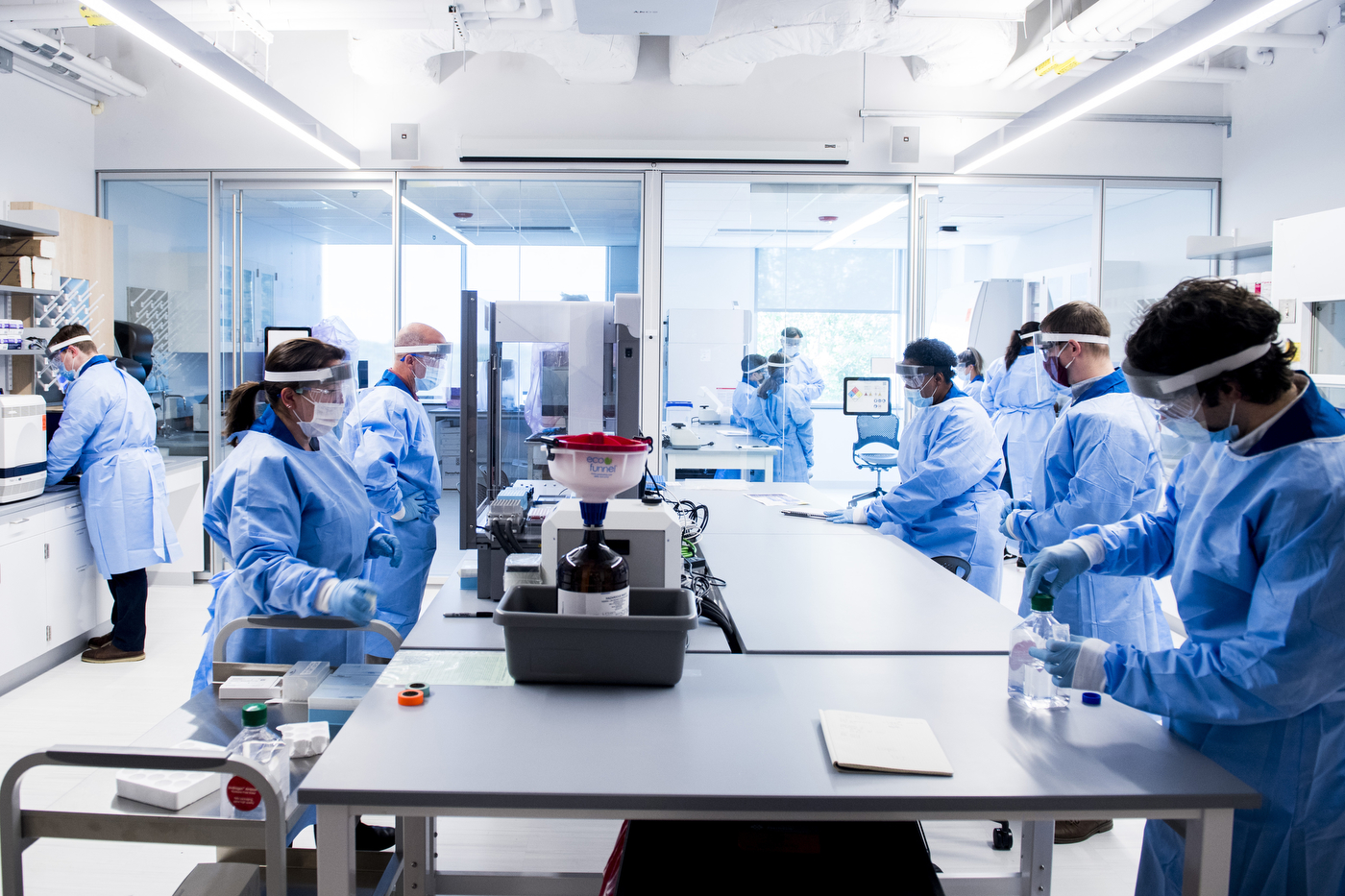
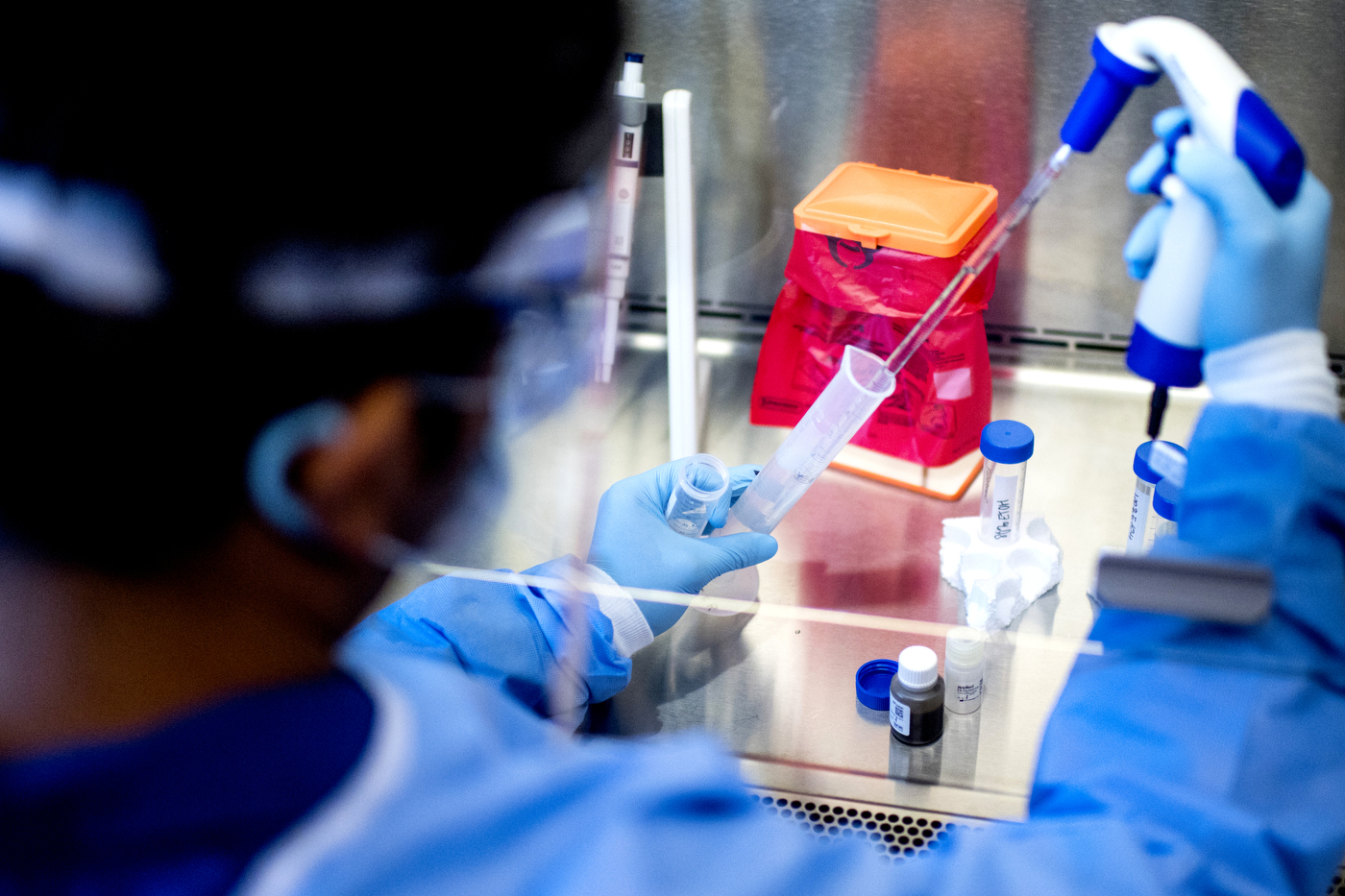
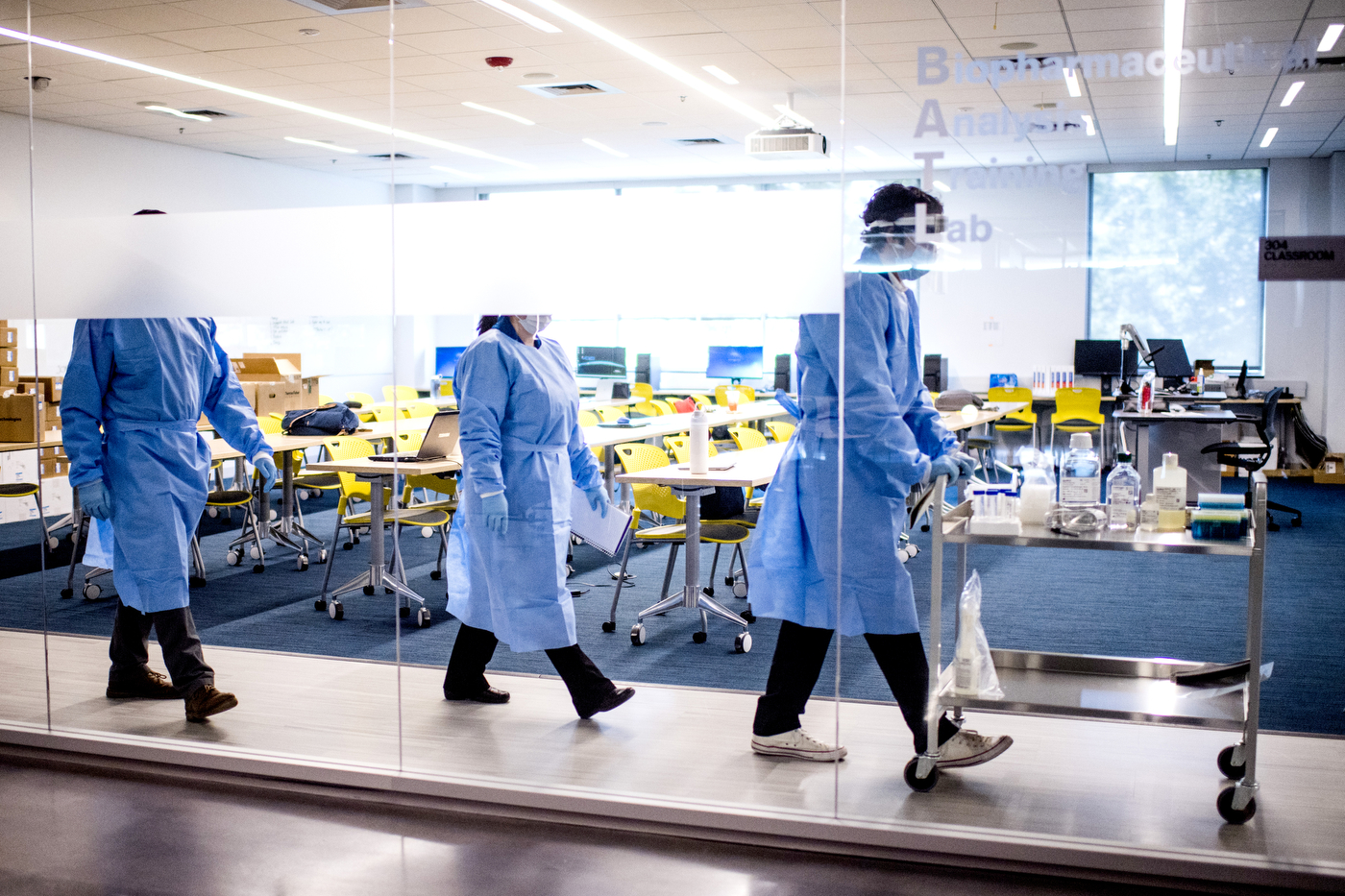
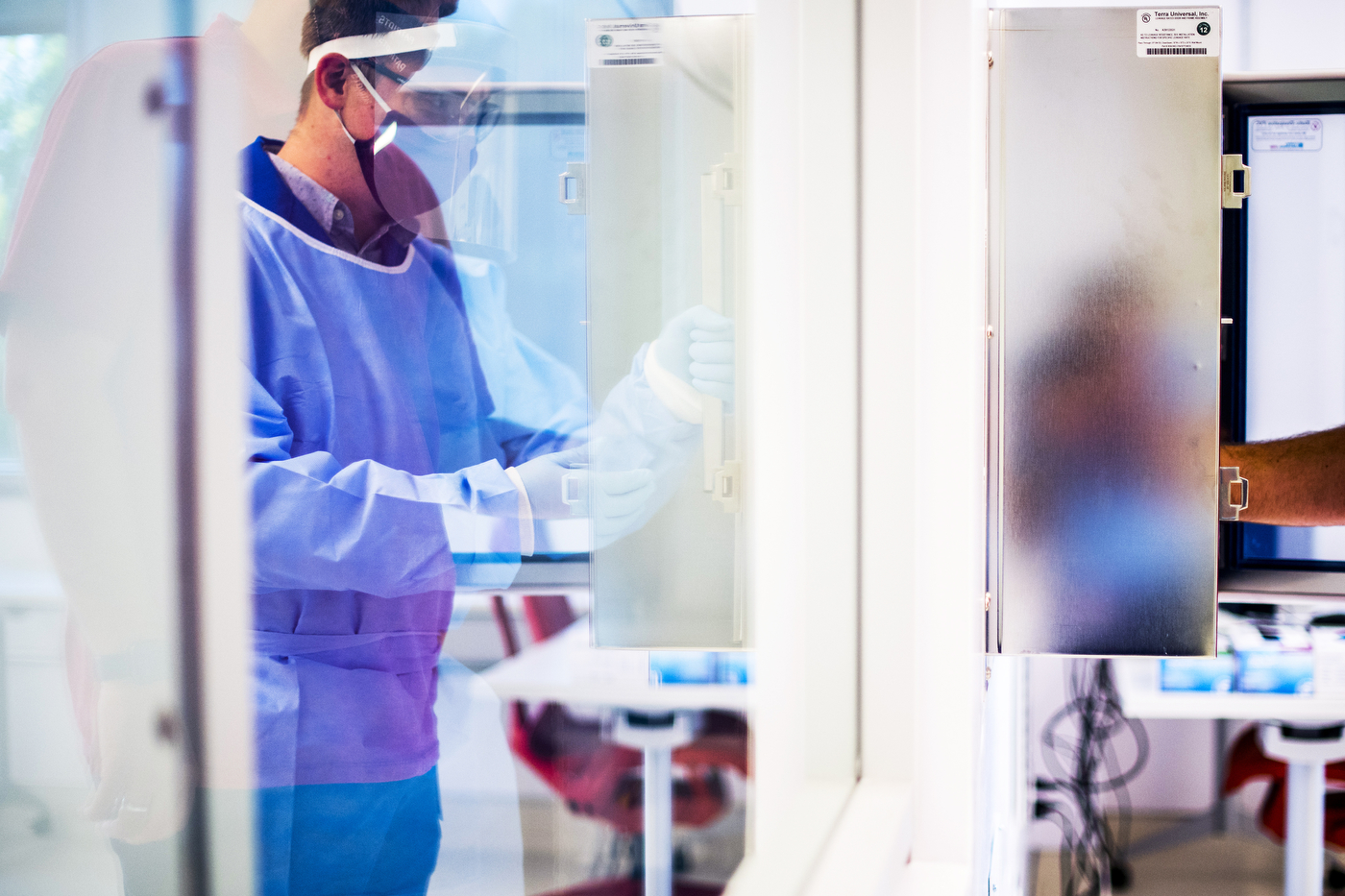
The lab, located on Northeastern’s Innovation Campus in Burlington, Massachusetts, is expected to begin small-scale sample processing of coronavirus tests from the Boston campus as early as Monday, Aug. 10, and will be running seven days a week and 12 hours a day to support the university’s testing protocols in the fall, said Jared Auclair, an associate teaching professor of biotechnology and lead of the new testing center.
In recent days, the lab has been inspected by the Massachusetts Department of Public Health, and acquired Clinical Laboratory Improvement Amendments certification to conduct diagnostic tests on samples from people that can determine whether someone has been infected with SARS-CoV-2.
“Five thousand tests per day is a high volume, a lot compared to what other facilities can do,” Auclair said. “The university is committed to keeping the entire community safe and to investing in the resources needed to do that, which include spinning up our own testing facility.”
The process of setting up a lab with specialized scientists who can run complex protocols and instrumentation such as those needed for testing during the COVID-19 pandemic can generally take between 12 and 18 months.
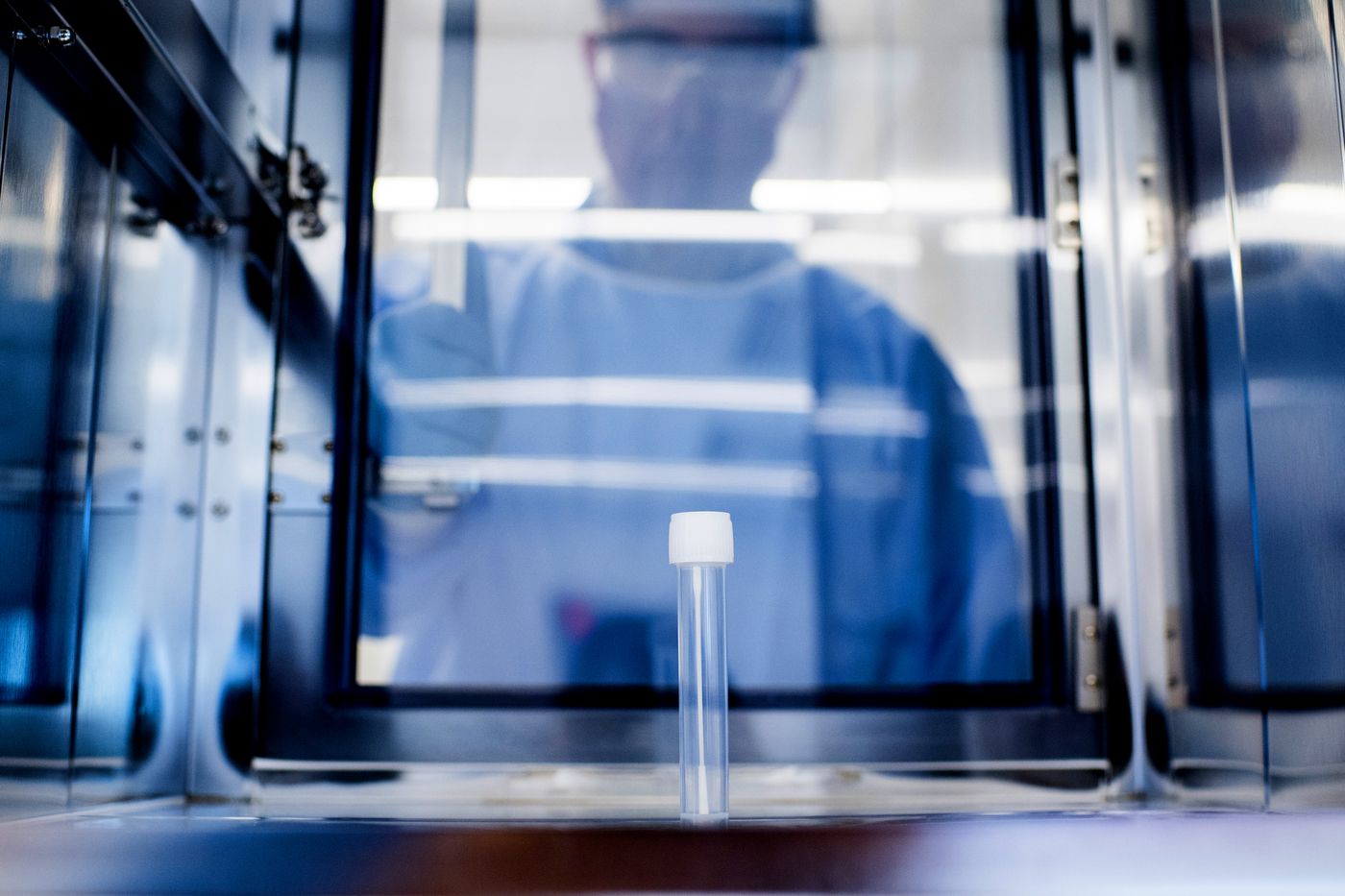
Northeastern built its Life Science Testing Center, and acquired the licensing necessary to conduct diagnostic testing for the coronavirus, in a matter of eight weeks.
“It was all hands on deck, a complete effort by the university and all of our employees to execute that mission to help support us and get us licensed in a rapid time,” Auclair said. “It was a process in which the entire university came together to function as a whole.”
The facilities include specialized equipment to conduct polymerase chain reactions, often referred to as the gold standard in coronavirus testing.
That method tests for the presence of the specific genetic material found in SARS-CoV-2, and can enable more precise testing results if combined with the university’s guidelines that will test students coming back for the fall three times within a period of five days upon their arrival at the Boston campus.
The Life Science Testing Center can help the university conduct the amount of testing needed to reduce the spread of the coronavirus by people who are infected but have no symptoms of sickness, either because they will never develop them, or because they are in an early stage of infection.
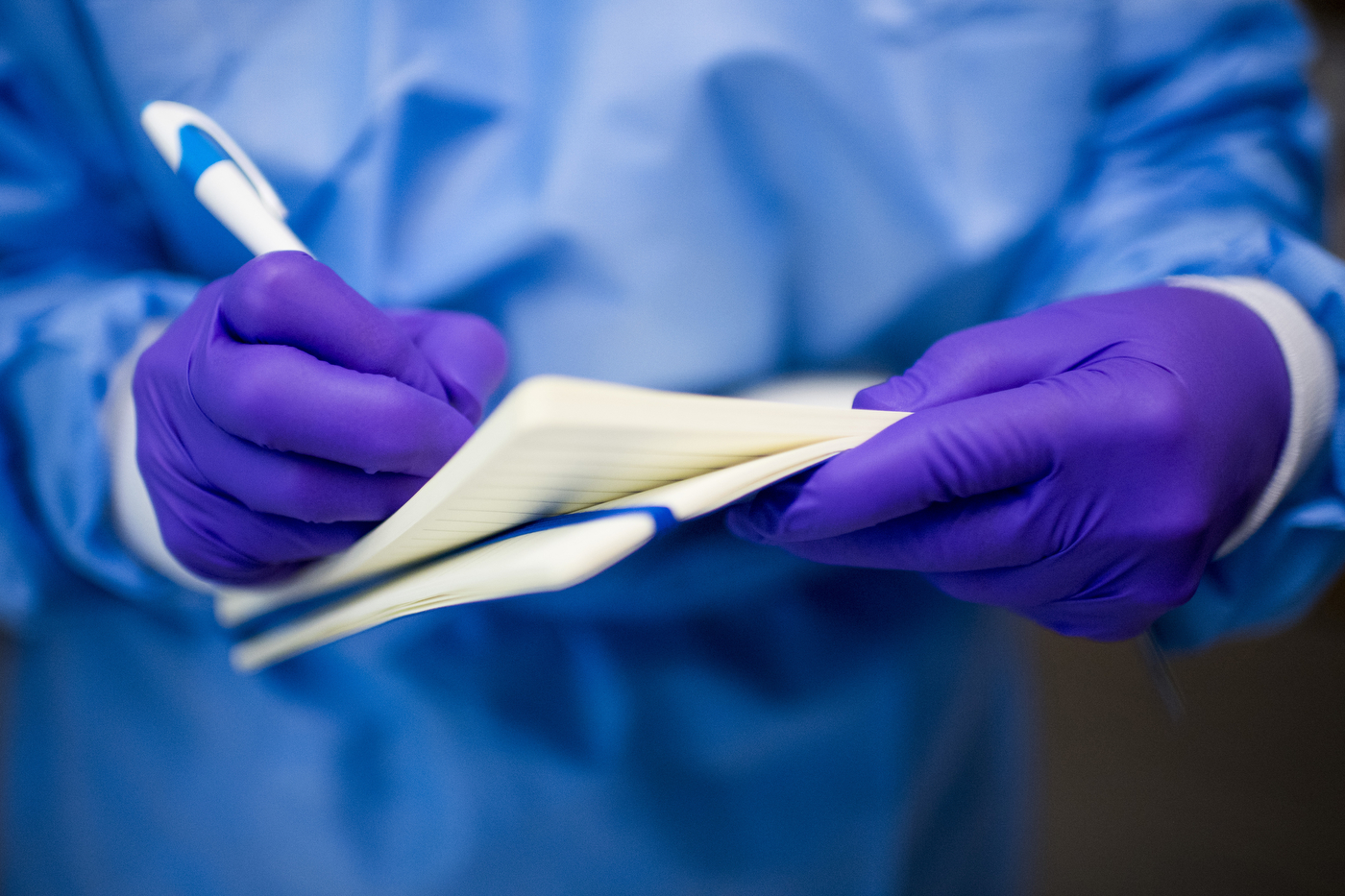
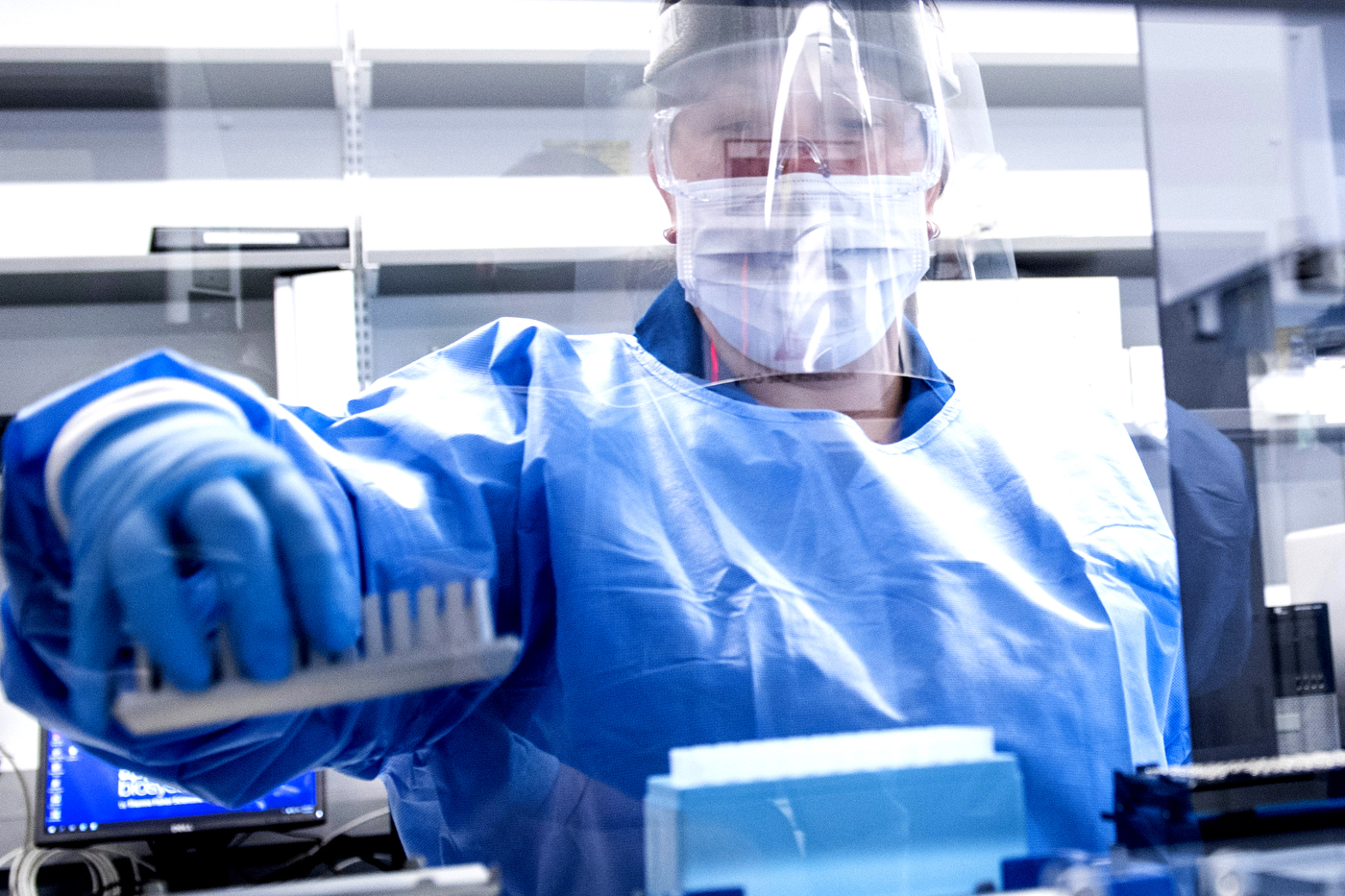
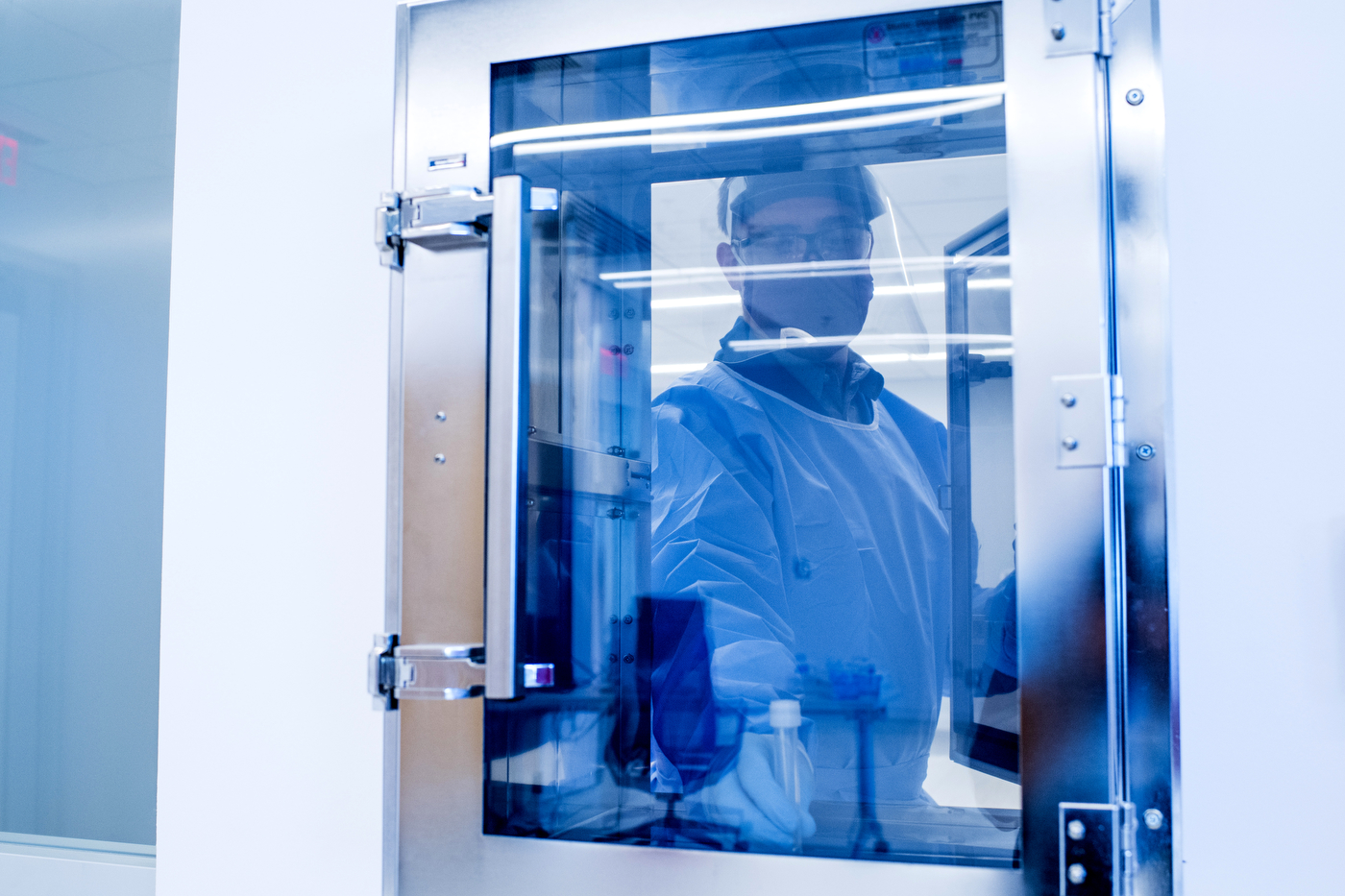
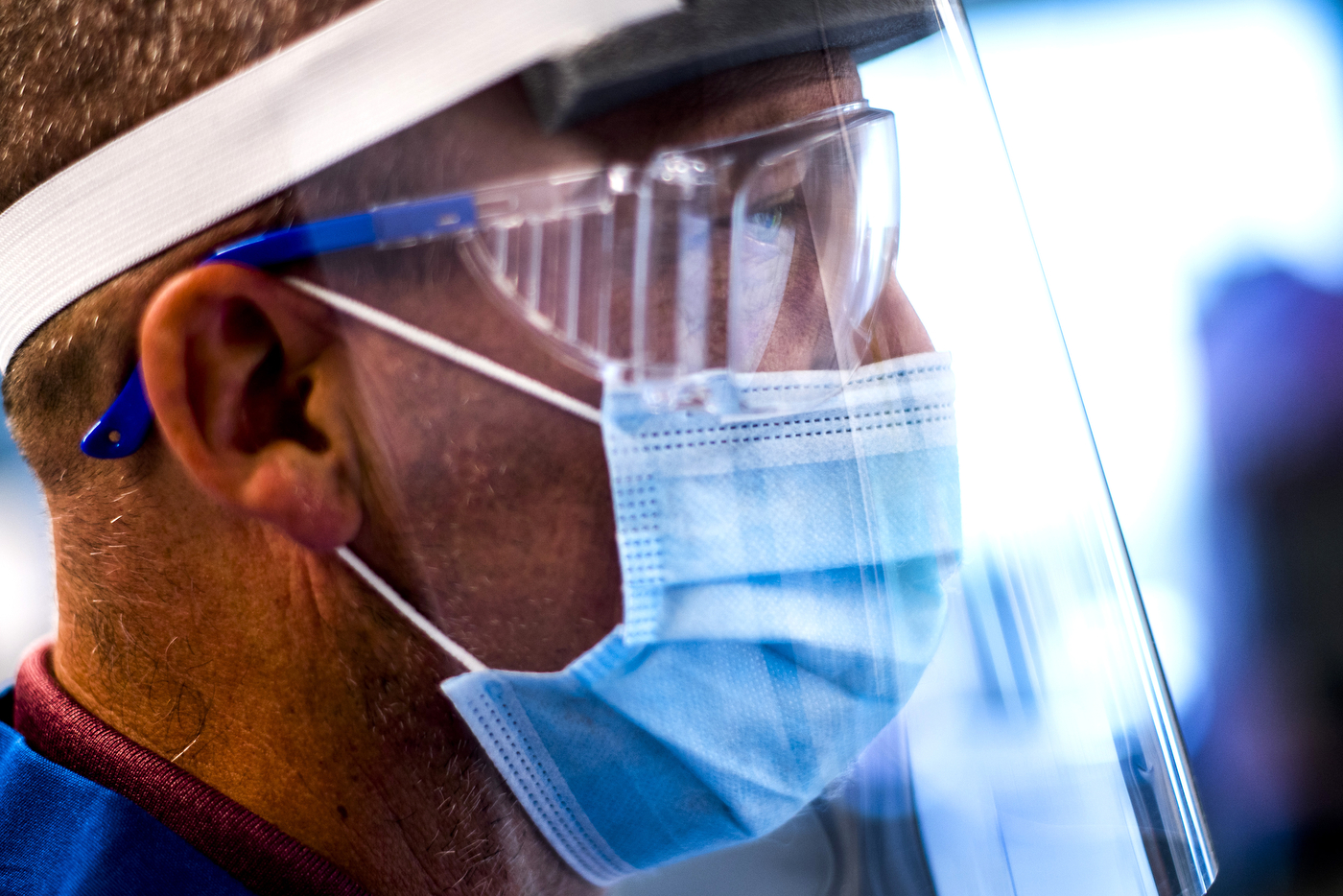
“Within about one or two days, we should be able to detect the presence of the virus in somebody who is infected even if they don’t have symptoms,” Auclair said, “so that we can make sure that the campus stays safe in terms of getting ahead of any potential outbreaks.”
To promote the health of Northeastern and its surrounding communities, the university is requiring all students to be tested as soon as they arrive on campus, to immediately enter quarantine, and to get tested two subsequent times after their arrival—on the third and fifth days after the initial test.
The new testing center is designed to analyze these tests rapidly with three diagnostic testing lines, Auclair said.
It includes an area of 1,000 square feet separated into three stations to receive samples sent from the Boston campus, where lab staff will scan the information from each sample. After that, lab personnel will pass the samples into a separate area within the lab where other scientists will use robotic machines to get the samples ready to undergo analysis.
The primary mission of the new testing center is to help Northeastern open and function safely in the fall, Auclair said. But it also provides new opportunities for researchers to build new academic programs and research collaborations they didn’t have access to before.
“The technologies we have at the Biopharmaceutical Analysis Training Laboratory will allow us to hopefully in the future dig into a really deeper understanding of what might be happening in the virological sense,” said Auclair, referring to the laboratory he runs, which focuses on analysis of new drugs. “It opens a huge number of doors for new research projects, clinical studies, and validation of diagnostics.”